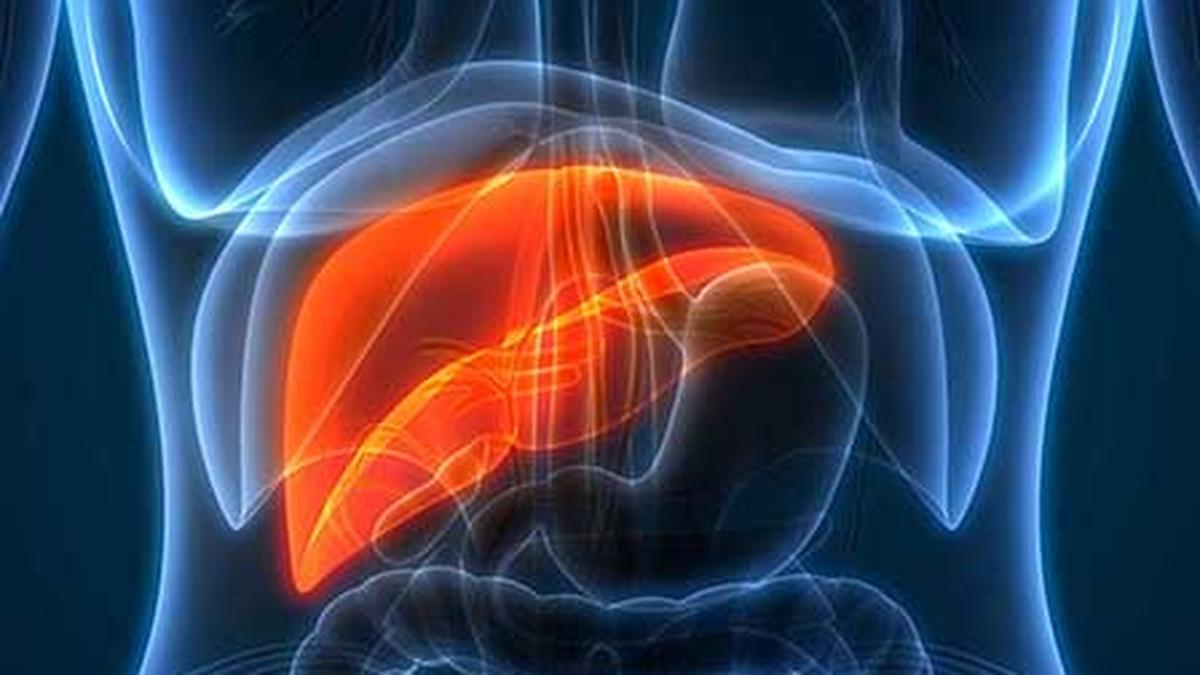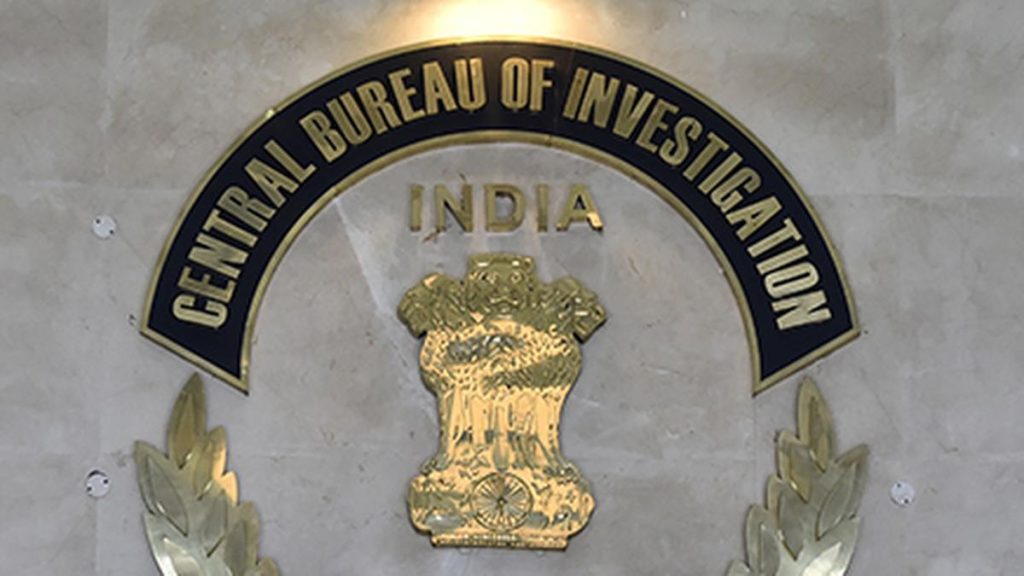Now Reading: Doctors Urge Early Screening to Tackle Undetected Liver Diseases
-
01
Doctors Urge Early Screening to Tackle Undetected Liver Diseases
Doctors Urge Early Screening to Tackle Undetected Liver Diseases

Quick Summary
- Prevalence: An estimated 304 million people globally live with hepatitis B or C, contributing to 1.3 million deaths annually. India accounts for 11.6% of this burden, with approximately 29.8 million living with hepatitis B and 5.5 million with hepatitis C.
- Causes & Impact: Hepatitis is an inflammation of the liver caused by viral infections (A, B, C, D, E). Chronic cases of hepatitis B and C can lead to cirrhosis, liver failure or cancer.
- Transmission: Modes include unsafe injections, blood transfusions, sexual contact and mother-to-child during childbirth.
- Diagnosis Challenges: Early symptoms like fatigue or mild abdominal pain are frequently enough vague and overlooked; diagnosis usually comes late due to poor awareness and stigma.
- Screening Issues: Recommended screening for high-risk groups (e.g., dialysis patients) is poorly implemented in many areas due to lack of access and enforcement challenges in rural healthcare settings.
- Concerns Raised by Experts:
– Overuse of over-the-counter painkillers like paracetamol and unregulated herbal supplements can silently damage the liver.
– Symptoms such as nausea or jaundice appear late when liver damage is advanced; early detection tools like FibroScan were recommended.
– Rise in “lean MAFLD” (metabolic fatty liver disease) among individuals with normal weight but metabolic issues flagged as emerging concern.
- Preventive Measures Suggested:
– Hepatitis B vaccination
– Avoidance of excessive alcohol consumption
– Limiting self-medication
– Routine check-ups including liver function tests.
Indian Opinion Analysis
The article underscores notable gaps in India’s healthcare strategy regarding the detection and management of chronic viral hepatitis diseases. Despite having one-sixth of the global burden for these infections-an alarming statistic-the integration of routine screening into public health systems remains weak due to inadequate resources and societal stigma surrounding testing.
Additionally, awareness campaigns targeting high-risk populations such as pregnant women or those undergoing procedures like dialysis are insufficiently enforced. The concerns over self-medication highlight an urgent need for stricter regulatory controls on over-the-counter drugs that may harm the liver when misused.
India faces a dual challenge-not just managing existing cases but addressing broader lifestyle-related risks such as lean metabolic-associated fatty liver disease caused by underlying systemic conditions often ignored due to misleading appearances (normal weight). Investment in accessible diagnostic technologies alongside preventive measures could prevent irreversible complications across diverse demographics.
The focus on educating public stakeholders about routine interventional screenings paired with cautionary advice against substance misuse may prove transformative if properly incentivized. Liver health holds critical implications not only for individual productivity but also broader community well-being-a silent threat deserving far more attention within India’s evolving healthcare framework.
Read more: Source Link
























